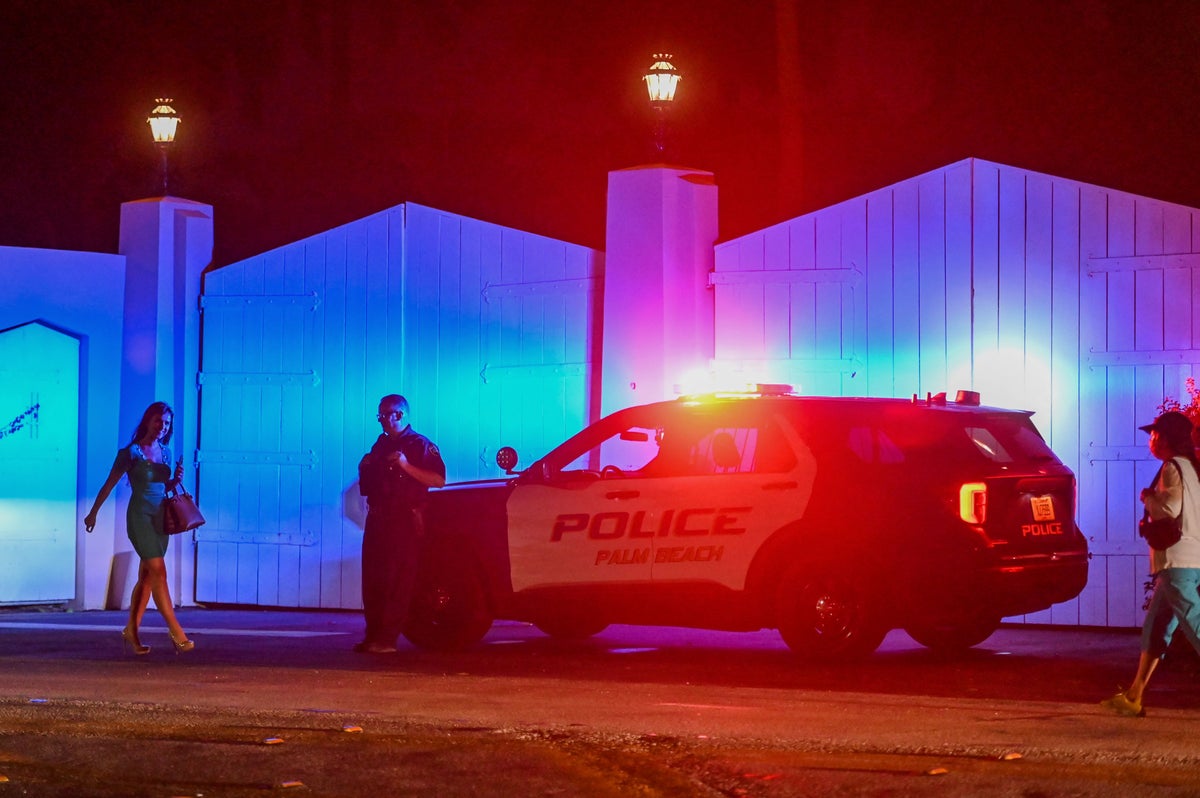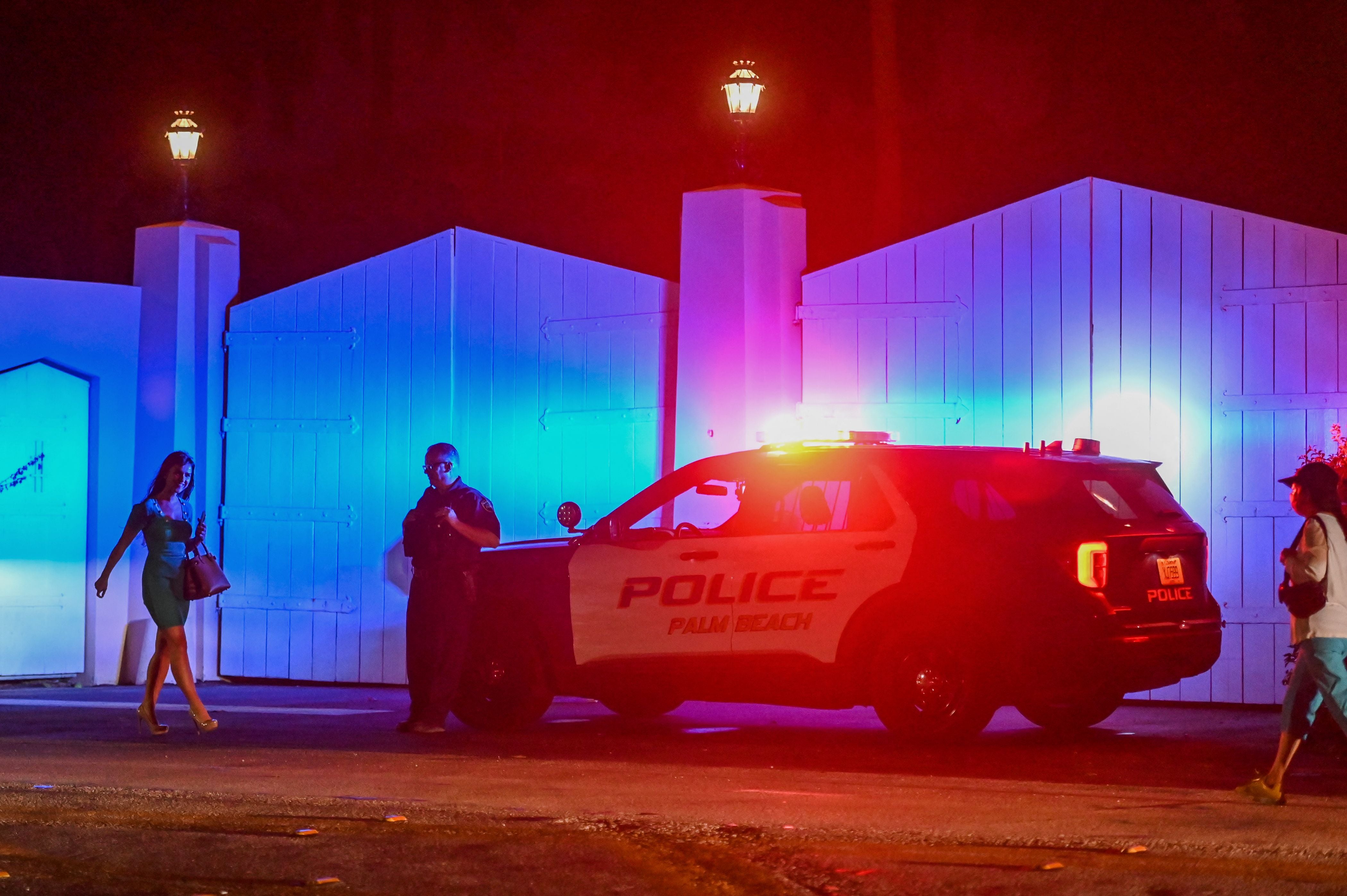
Donald Trump claimed that he took “nothing of great urgency” when he left the White House – months before 11 boxes of classified documents were seized in the Mar-a-Lago raid.
The former president sat down with The New York Times journalist Maggie Haberman in the summer of 2021 for an interview for her upcoming book Confidence Man: The Making of Donald Trump and the Breaking of America.
In an adapted excerpt from the book, published in The Atlantic on Sunday, Ms Haberman details the moment that Mr Trump denied removing documents from the White House when he left office.
“He demurred when I asked if he had taken any documents of note upon departing the White House—’nothing of great urgency, no,’ he said,” she writes.
Mr Trump then proceeded to contradict himself by mentioning letters sent by North Korean leader Kim Jong-un which he had taken from the White House to Mar-a-Lago, she writes.
When Ms Haberman asked Mr Trump if he was able to take the letter with him, she says he seemed to register her surprise and quickly backtracked – claiming that the letter was where it should be in the National Archives.
“No, I think that’s in the archives, but … Most of it is in the archives, but the Kim Jong-un letters … We have incredible things,” he told her.
Months later, in February 2022, The Washington Post reported that the National Archives had seized “multiple boxes” of White House records from Mar-a-Lago.
Among the boxes were the so-called “love letters” from the North Korean leader.
In a separate interview in the spring of 2021, Mr Trump also told Ms Haberman that his former Chief of Staff Mark Meadows had kept “material” about the Robert Mueller investigation, according to the book excerpt.
The claim came when Ms Haberman asked Mr Trump about text messages between FBI agent Peter Strzok and FBI lawyer Lisa Page.
Mr Strzok was one of the top agents assigned to Mr Mueller’s special counsel team, which was tasked with looking into possible Russian interference in the 2016 presidential election.

The two officials were having an affair and when it came to light, Mr Mueller removed Mr Strzok from his team.
Mr Trump planned to make the texts public but ultimately didn’t, writes Ms Haberman.
“But he told me that Meadows had the material in his possession and offered to connect me with him,” she writes.
The new details about Mr Trump’s handling of highly sensitive government records comes at the height of the Justice Department’s criminal investigation on the matter.
This week, the former president was mocked by members of his own party after he claimed that the president has the power to declassify top-secret materials “just by thinking about it”.
In August, federal agents executed a search warrant on Mar-a-Lago and seized 27 boxes including 11 containing classified information.
Some of the information was of the highest possible top secret classification, meaning it should never have left the custody of the government.
Mr Trump has made various claims since, including that he had used his executive powers to declassify the documents before removing them from office – something that experts say would have involved a formal review process.
Confidence Man, which is due for release on 4 October, chronicles Mr Trump’s path from New York businessman to president.







